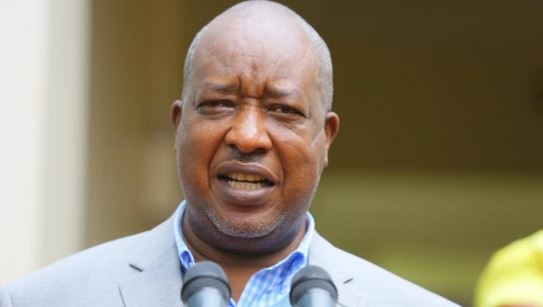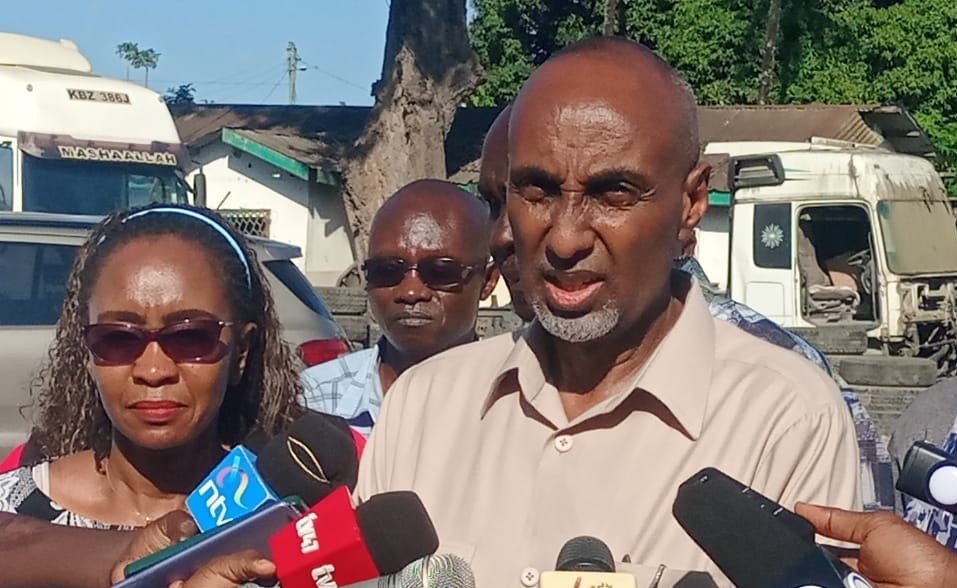Dan* not his real name lies on the hospital bed waiting to be discharged.
He has a meeting to catch up at 3pm, hours after he had undergone brachytherapy, a precise and minimally invasion procedure in treatment of prostate cancer.
As a person who is always keen on his health, the 49-year-old father of three has made it a routine to go for medical checkups at least once every year including tests for prostate-specific antigen (PSA).
"Sometime last year I realised that my PSA had started rising slightly so I engaged my urologist so he started doing an investigation into what could be happening in me," he says.
The urologist suspected he had prostatitis, a condition caused by infections.
"He put me on antibiotics for bigger part of last year and sometimes it would go down, sometimes it could rise so this triggered concern that we needed to do further tests,” he notes.
He went for an MRI but the results returned negative. The urologist suggested that he undergo a PET scan, a test he did in June, but it was not very clear either.
The specialists who were doing the PET scan suggested that he does a biopsy; a procedure to remove a piece of tissue or a sample of cells from the body so that it can be tested in a laboratory.
In July, he went to Nairobi Hospital where the biopsy samples were taken out of which six turned to be having a trace of cancer cells.
Dan is among at least 100 prostate cancer patients who have undergone brachytherapy treatment.
The procedure which took just two hours has restored hope of living his full life again.
“I was told the procedure will cost Sh800,000 but you know money is nothing compared to health as opposed to spending millions when you are hit,” he says.
Prof Peter Mungai, a consultant urologist at the Nairobi Hospital, says early prostate cancer can be cured as opposed to advanced cases which can only be palliated.
The disease is diagnosed mostly through PSA, a blood test used primarily to screen for prostate cancer. Prostate cancer can cause elevated levels of PSA.
Mungai has acknowledged that prostate cancer is a major concern in Kenyan and is the main leading cause of deaths among men.
According to experts, during the procedure, a needle is inserted through the skin between the scrotum and the perineum and into the prostate.
Brachytherapy is a procedure to implant radioactive seeds (pellets) into the prostate gland to kill prostate cancer cells. The seeds may give off high or low amounts of radiation.
“The brachytherapy is an alternative to surgery which is more precise and has less morbidity. You are treated in the morning you could even go home in the afternoon,” he says.
“It is a form of radiotherapy in which you implant the radiotherapy inside the disease rather than treating it with external beams. The prostate remains intact and there is no major surgery that is going to take place,” he explains.
The procedure was introduced at the Nairobi hospital in 2017 and has so far been conducted on 112 patients with 98 per cent survival rate.
Dr Frank Kahmann, a urologist from Germany, who are the pioneers of the brachytherapy technology has been leading the team.







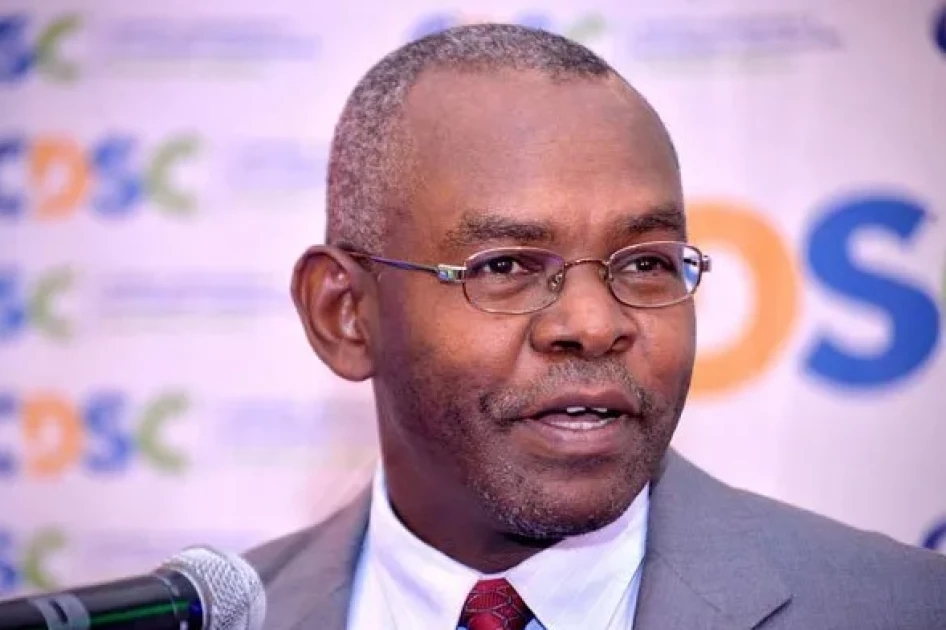

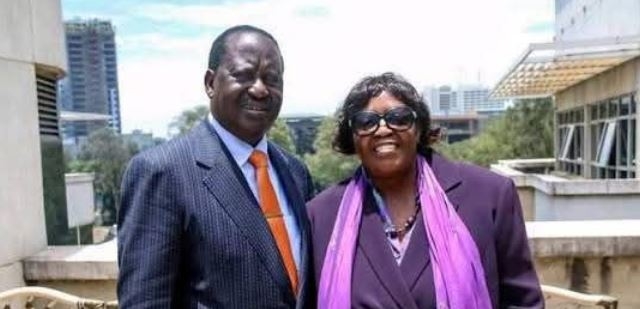
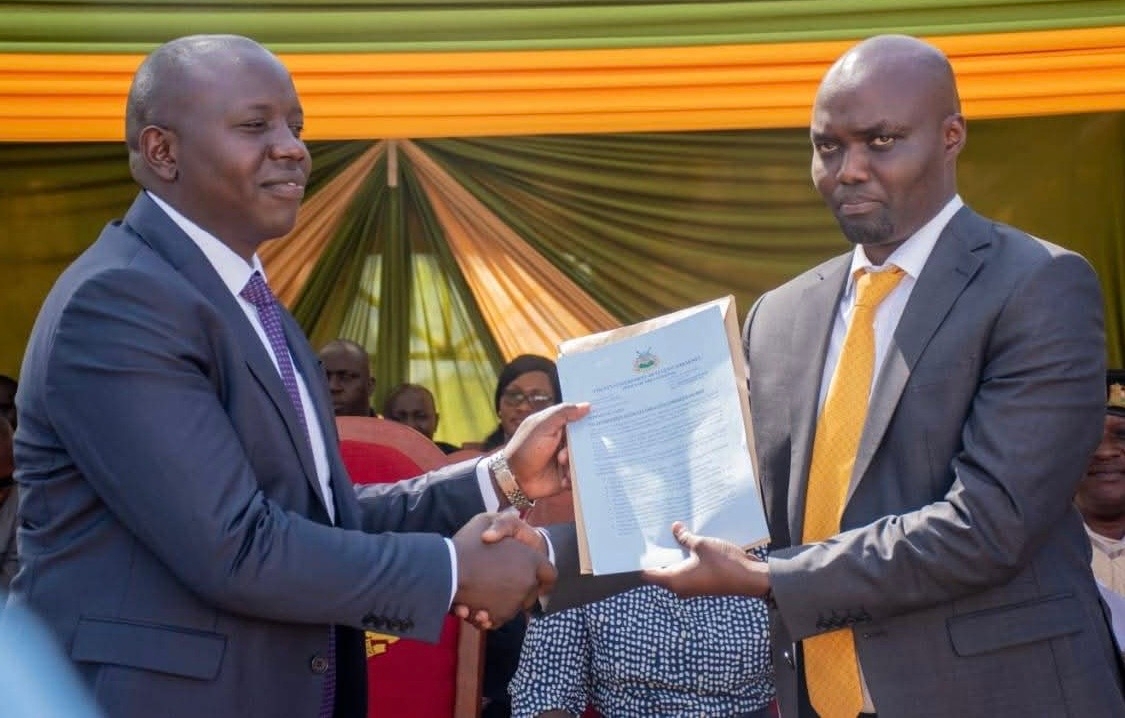

![[PHOTOS] Family, friends receive body of Raila’s sister, Beryl](/_next/image?url=https%3A%2F%2Fcdn.radioafrica.digital%2Fimage%2F2025%2F11%2Fdfe6a9bf-ede1-47a4-bdc0-4f564edb03dd.jpeg&w=3840&q=100)
